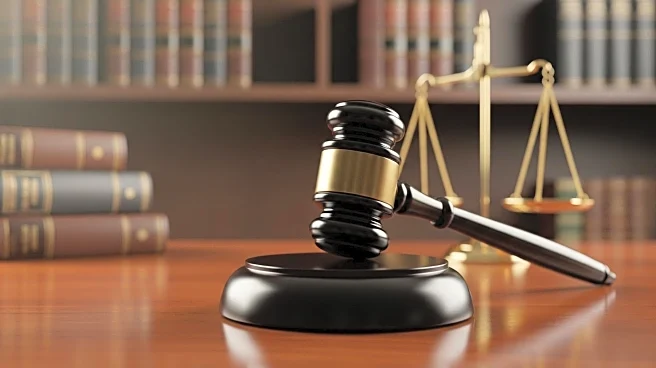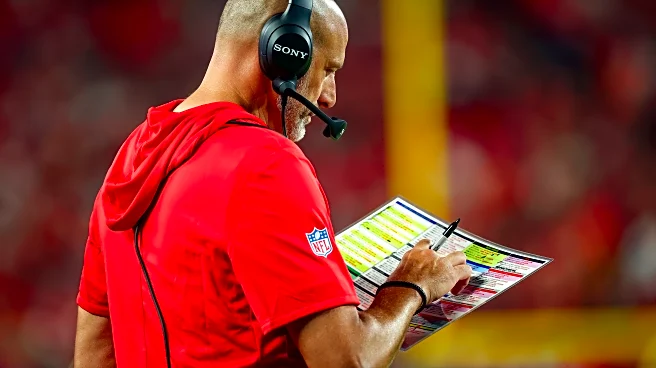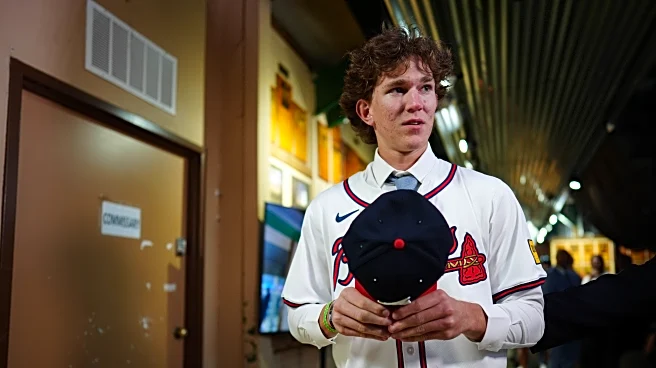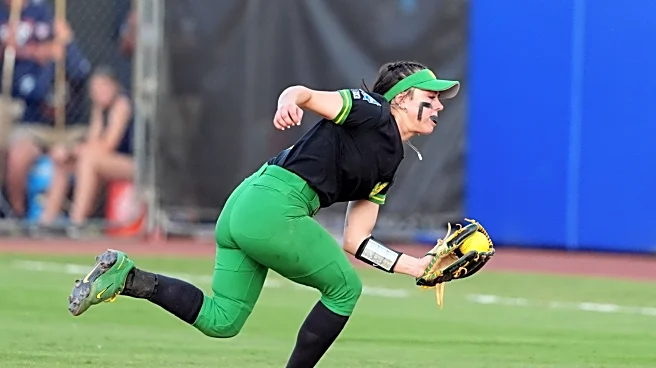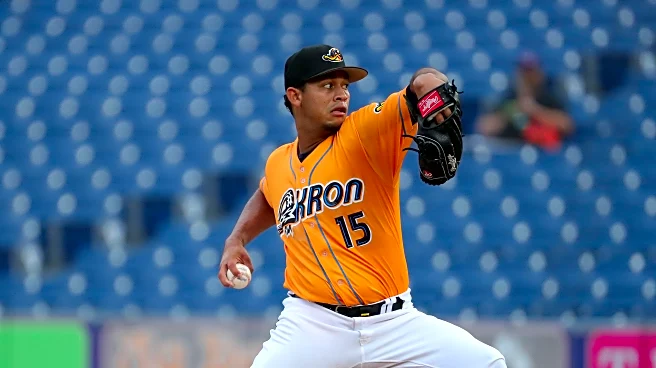What is the story about?
What's Happening?
A federal judge has invalidated California's anti-deepfake law, AB 2389, which targeted social media users sharing AI-generated content related to electoral campaigns. The law allowed lawsuits against users posting 'materially deceptive' content but exempted satirists who labeled their deepfakes. Judge John A. Mendez ruled that the law violates free speech protections, stating it is not the least restrictive means to ensure election integrity. The decision grants summary judgment to content creators challenging the law, emphasizing concerns over censorship and compelled speech.
Why It's Important?
The ruling underscores the ongoing legal and ethical debates surrounding deepfake technology and free speech. By striking down the law, the judge highlights the challenges in balancing election integrity with constitutional rights. This decision may influence future legislation on digital content regulation, impacting how states address the spread of misinformation and protect electoral processes. Content creators and social media platforms stand to benefit from the ruling, as it affirms their rights to produce and share satirical content without restrictive labeling requirements.
Beyond the Headlines
The case raises broader questions about the role of technology in shaping public perception and the potential for deepfakes to influence political discourse. It also highlights the difficulty in crafting legislation that effectively addresses the risks posed by AI-generated content while respecting free speech. The ruling may prompt further discussions on the ethical use of deepfakes and the responsibilities of content creators in ensuring transparency and accountability.
